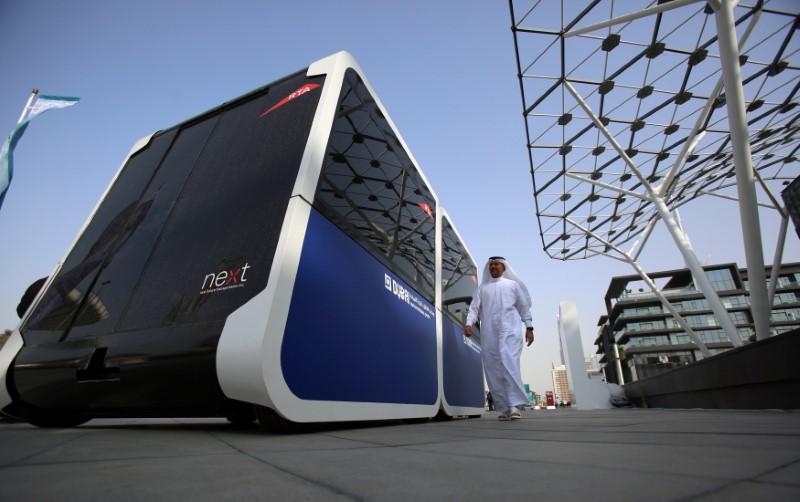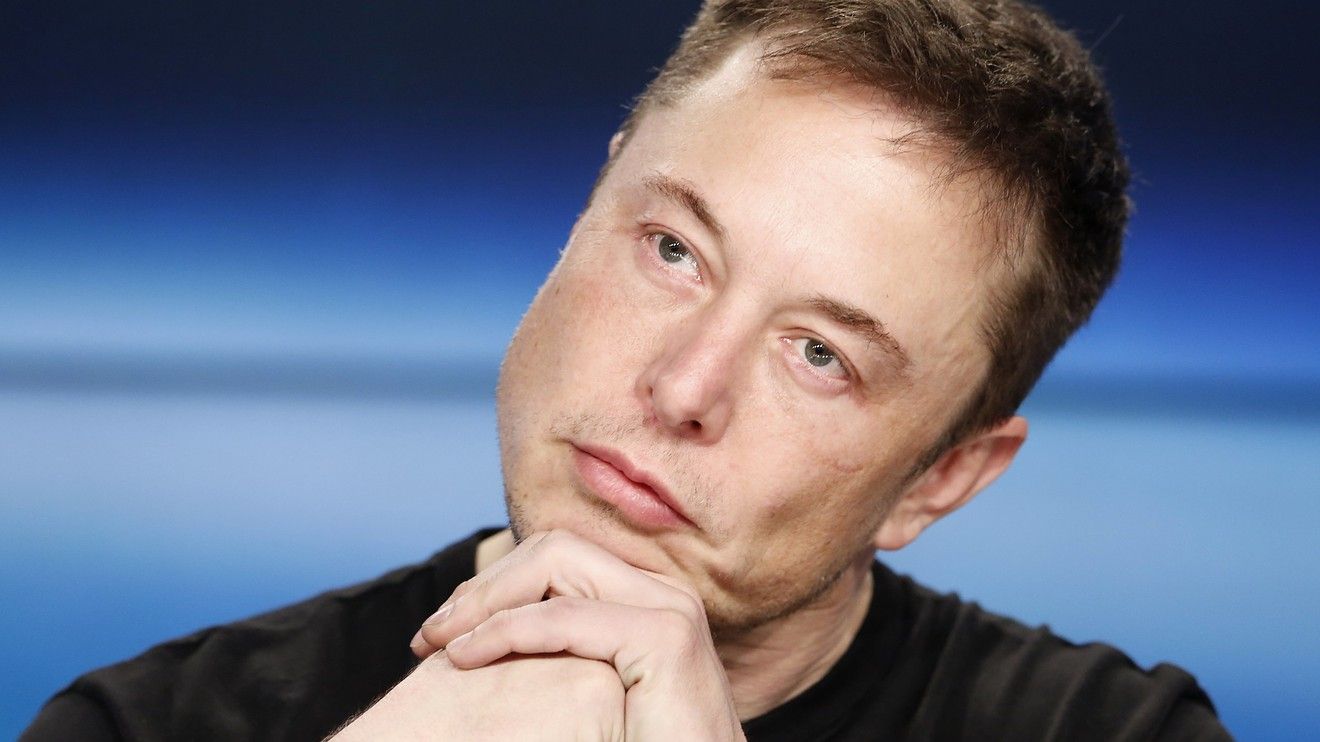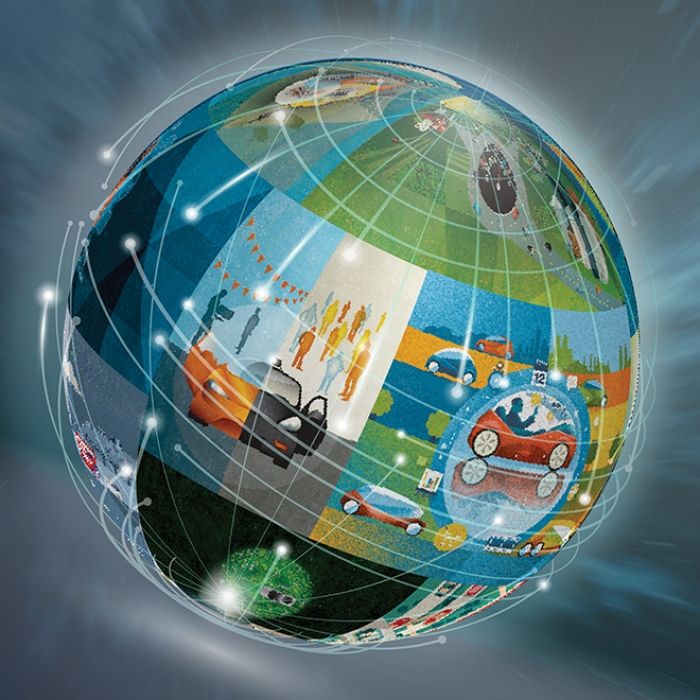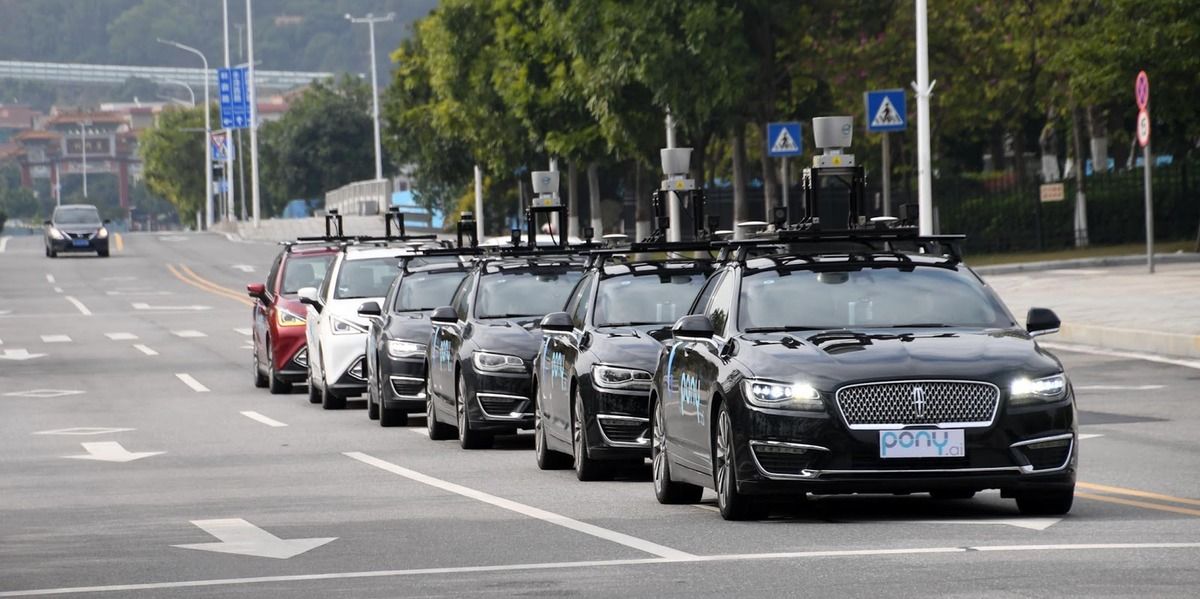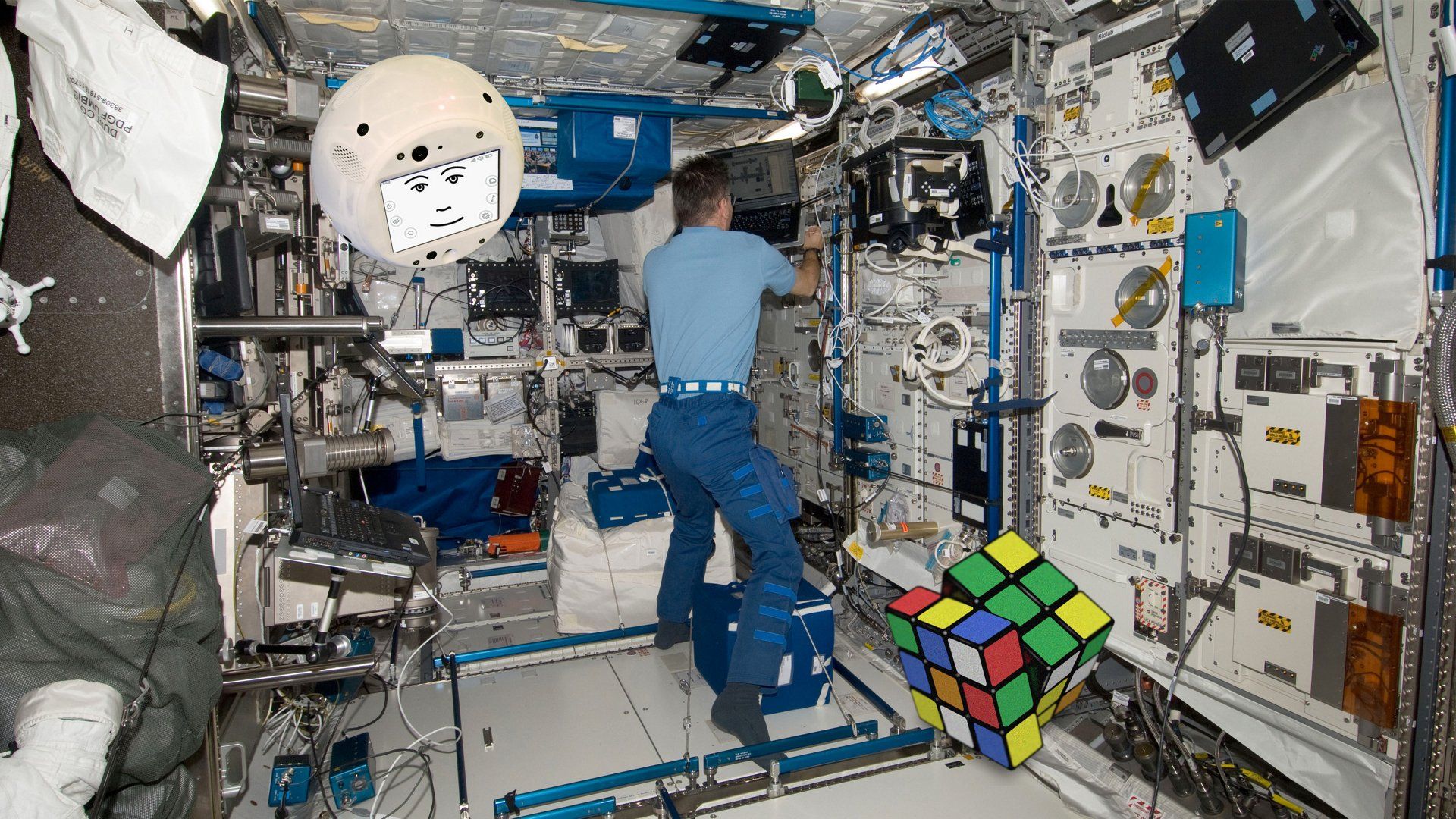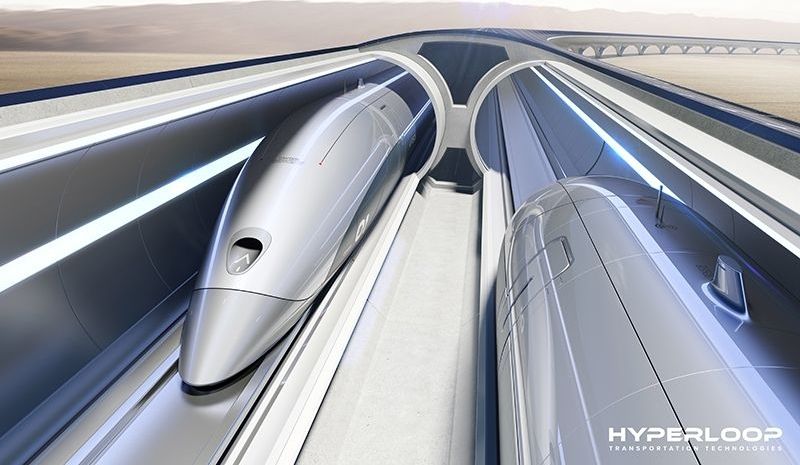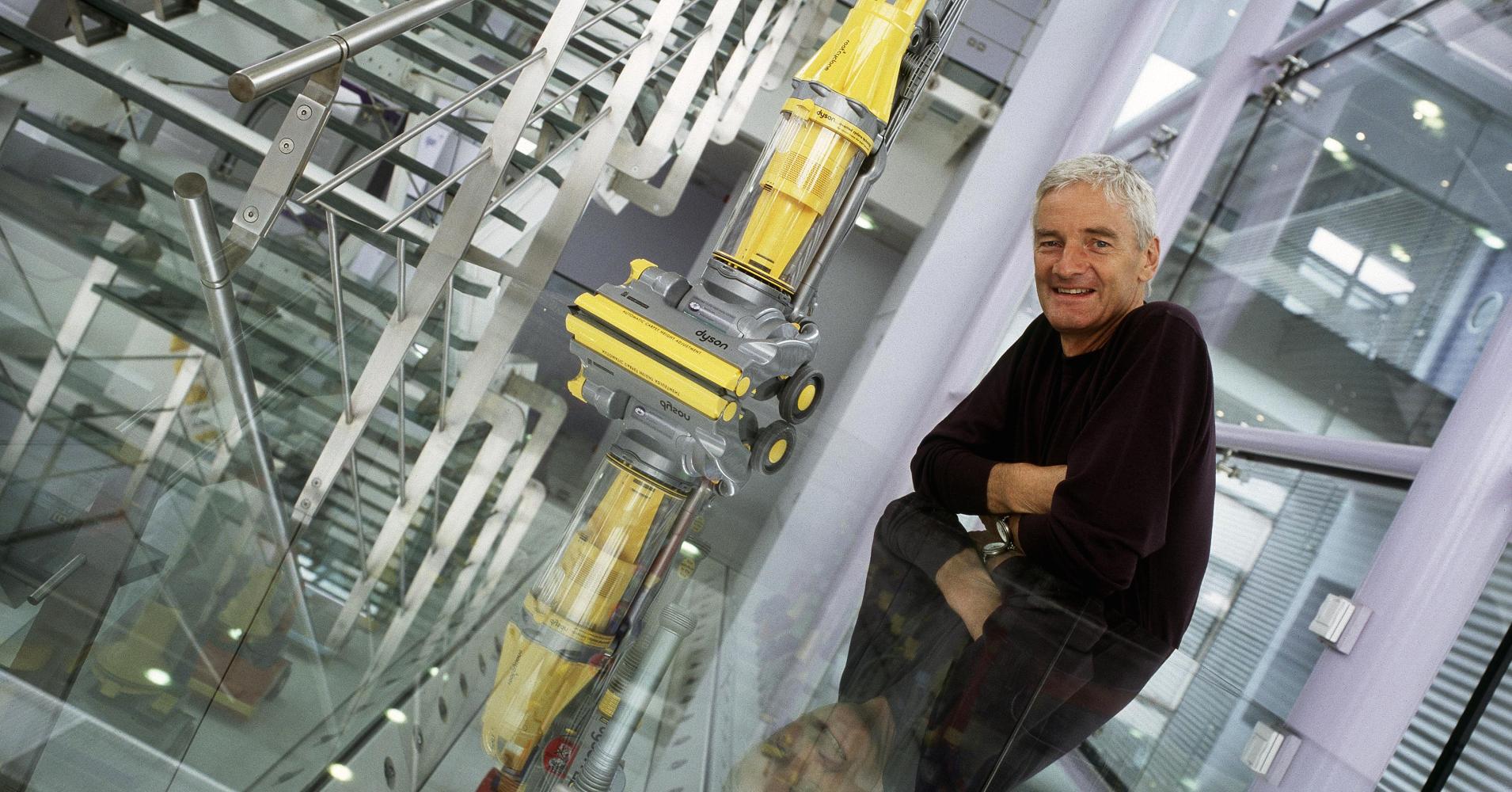The transition toward a new mobility ecosystem could have wide-reaching impacts that span a host of industries and players, including—but not limited to:
Global automotive OEMs face momentous and difficult decisions. OEMs will need to determine if they should evolve from a (relatively) fixed capital production, first-transaction, product-sale business into one centered on being an end-to-end mobility services provider. This would represent a profound business model change and the development of entirely new capabilities to be competitively and sustainably viable.
The traditional capabilities of vehicle manufacturers and suppliers will likely need to expand, collaborating with autonomous vehicle technology suppliers, software developers, and others to provide a much broader range of product choices.12 There are complex economics in being able to manufacture vehicles similar to today’s mass-produced driver-owned cars, highly customized personally owned autonomous vehicles, and utilitarian pods for urban environments. Manufacturers will likely require not only today’s traditional supply chains but new manufacturing capabilities that allow advanced, low-cost, efficient customization. They will need to determine if they should redesign their business model to compete in all four future states or to focus on one segment.
